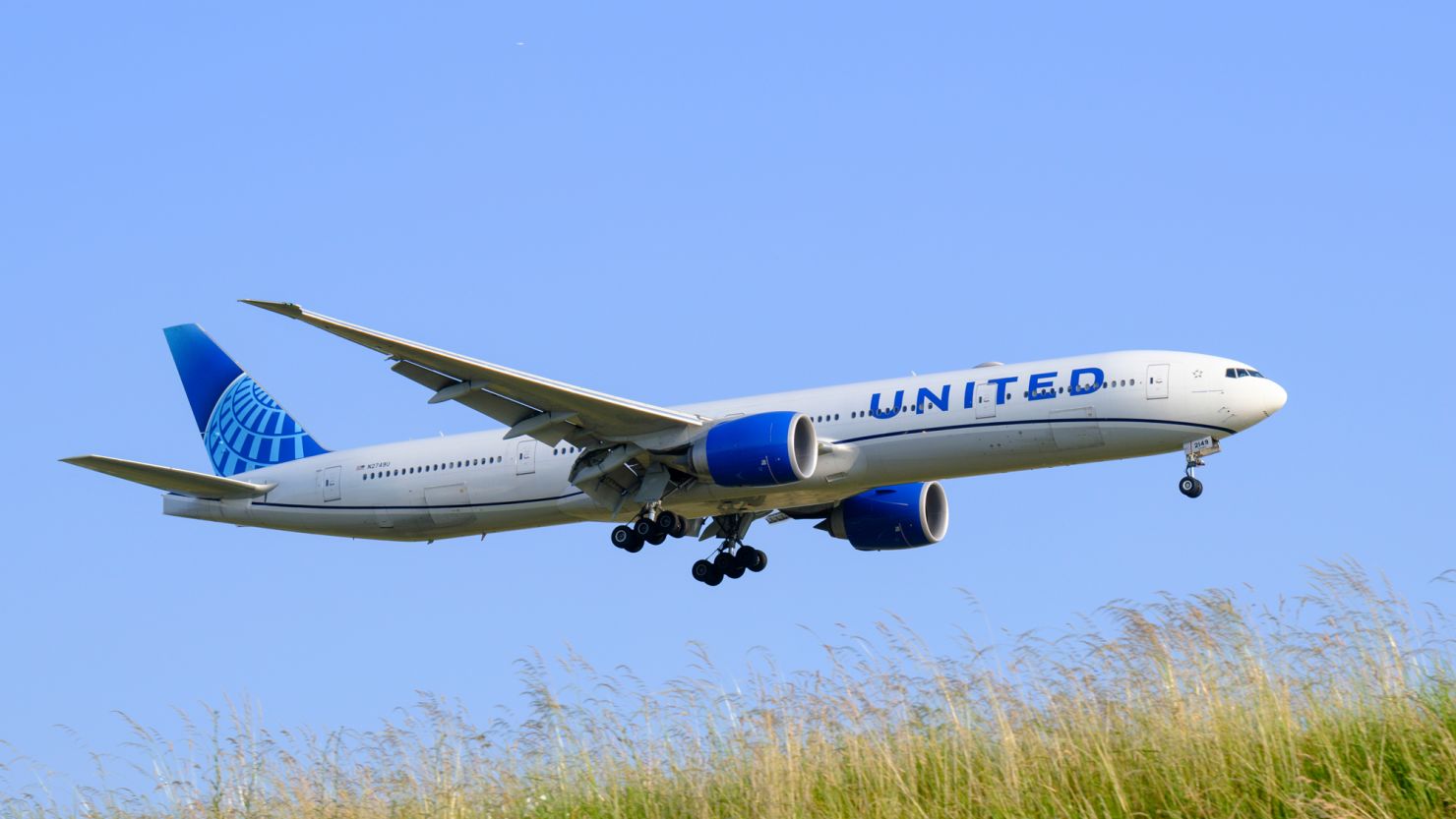
Why do airline disruptions happen? Airline disruptions can turn a dream vacation into a nightmare. Weather tops the list, with storms, fog, and hurricanes causing delays. Technical issues also play a big role; even a minor glitch can ground a plane. Air traffic control problems add to the chaos, as crowded skies lead to delays. Crew availability is another factor; if pilots or flight attendants are out of hours, flights can't take off. Security concerns sometimes require extra checks, slowing everything down. Lastly, passenger-related issues like medical emergencies or unruly behavior can disrupt schedules. Understanding these factors helps manage expectations.
Key Takeaways:
- Airline disruptions are often caused by weather, technical issues, and crew availability. Passengers can be impacted by missed connections, financial losses, and emotional stress. Knowing airline policies and compensation rules can help travelers navigate disruptions more effectively.
- To minimize disruption impact, consider purchasing travel insurance, choosing flexible booking options, and booking early morning or direct flights. Lesser-known facts include the impact of bird strikes and volcanic ash on air travel.
Common Causes of Airline Disruptions
Airline disruptions can be frustrating. Understanding the common causes can help travelers prepare better.
-
Weather Conditions: Severe weather like thunderstorms, snowstorms, and hurricanes often lead to flight delays or cancellations. Airlines prioritize safety, so flights may be grounded until conditions improve.
-
Technical Issues: Aircraft maintenance problems or technical glitches can cause delays. Regular checks are essential, but unexpected issues can still arise, leading to disruptions.
-
Air Traffic Control: Congested airspace or air traffic control strikes can delay flights. Controllers manage the safe and orderly flow of aircraft, so any hiccup in their system affects flight schedules.
-
Crew Availability: Flight crews have strict working hour regulations. If a crew exceeds their maximum hours, flights can be delayed until a new crew is available.
Impact on Passengers
Disruptions affect passengers in various ways, from minor inconveniences to significant travel plan changes.
-
Missed Connections: Delays can cause passengers to miss connecting flights. This can lead to extended layovers or even overnight stays.
-
Accommodation Issues: Cancellations may force passengers to find last-minute accommodations. Airlines sometimes provide vouchers, but availability can be limited.
-
Financial Losses: Non-refundable bookings for hotels, tours, or events can lead to financial losses. Travel insurance can mitigate some of these costs.
-
Emotional Stress: Uncertainty and changes in travel plans can cause significant stress. Keeping calm and having a backup plan can help manage this stress.
Airline Policies and Compensation
Airlines have policies in place to handle disruptions, but they vary widely.
-
Compensation Rules: In some regions, like the EU, passengers are entitled to compensation for delays over a certain duration. Knowing your rights can help you claim what you’re owed.
-
Rebooking Options: Airlines often rebook passengers on the next available flight. This can be on the same airline or a partner airline.
-
Refund Policies: If a flight is canceled, passengers may be entitled to a full refund. This is especially true if the airline cannot offer a suitable alternative.
-
Meal and Accommodation Vouchers: For long delays, airlines may provide meal vouchers or hotel accommodations. This is more common for overnight delays.
Tips for Minimizing Disruption Impact
While you can’t control disruptions, you can take steps to minimize their impact.
-
Travel Insurance: Purchasing travel insurance can cover costs related to delays, cancellations, and missed connections. It’s a small investment for peace of mind.
-
Flexible Booking Options: Choose flexible tickets that allow changes without hefty fees. This can be a lifesaver if plans change unexpectedly.
-
Early Flights: Book flights earlier in the day. Morning flights are less likely to be delayed as they are less affected by the day’s cumulative disruptions.
-
Direct Flights: Whenever possible, book direct flights. Fewer connections mean fewer chances for something to go wrong.
Interesting Facts About Airline Disruptions
Some lesser-known facts about airline disruptions can be quite surprising.
-
Bird Strikes: Birds colliding with aircraft can cause significant delays. Airports use various methods to keep birds away, but incidents still occur.
-
Volcanic Ash: Volcanic eruptions can disrupt air travel for days or even weeks. Ash clouds can damage aircraft engines, making it unsafe to fly through them.
Final Thoughts on Airline Disruptions
Airline disruptions can throw a wrench in travel plans. Knowing the causes and solutions helps you stay prepared. Weather, technical issues, and staff shortages are common culprits. Always check your flight status before heading to the airport. Travel insurance can save you from unexpected costs. Keep essential items in your carry-on in case of delays. Airlines often provide compensation for significant delays or cancellations, so know your rights. Apps and websites offer real-time updates, making it easier to stay informed. Frequent flyers should consider joining loyalty programs for added perks during disruptions. Staying calm and flexible can make a big difference. Remember, a little preparation goes a long way in ensuring smoother travels. Safe travels and may your flights be turbulence-free!
Frequently Asked Questions
Was this page helpful?
Our commitment to delivering trustworthy and engaging content is at the heart of what we do. Each fact on our site is contributed by real users like you, bringing a wealth of diverse insights and information. To ensure the highest standards of accuracy and reliability, our dedicated editors meticulously review each submission. This process guarantees that the facts we share are not only fascinating but also credible. Trust in our commitment to quality and authenticity as you explore and learn with us.


